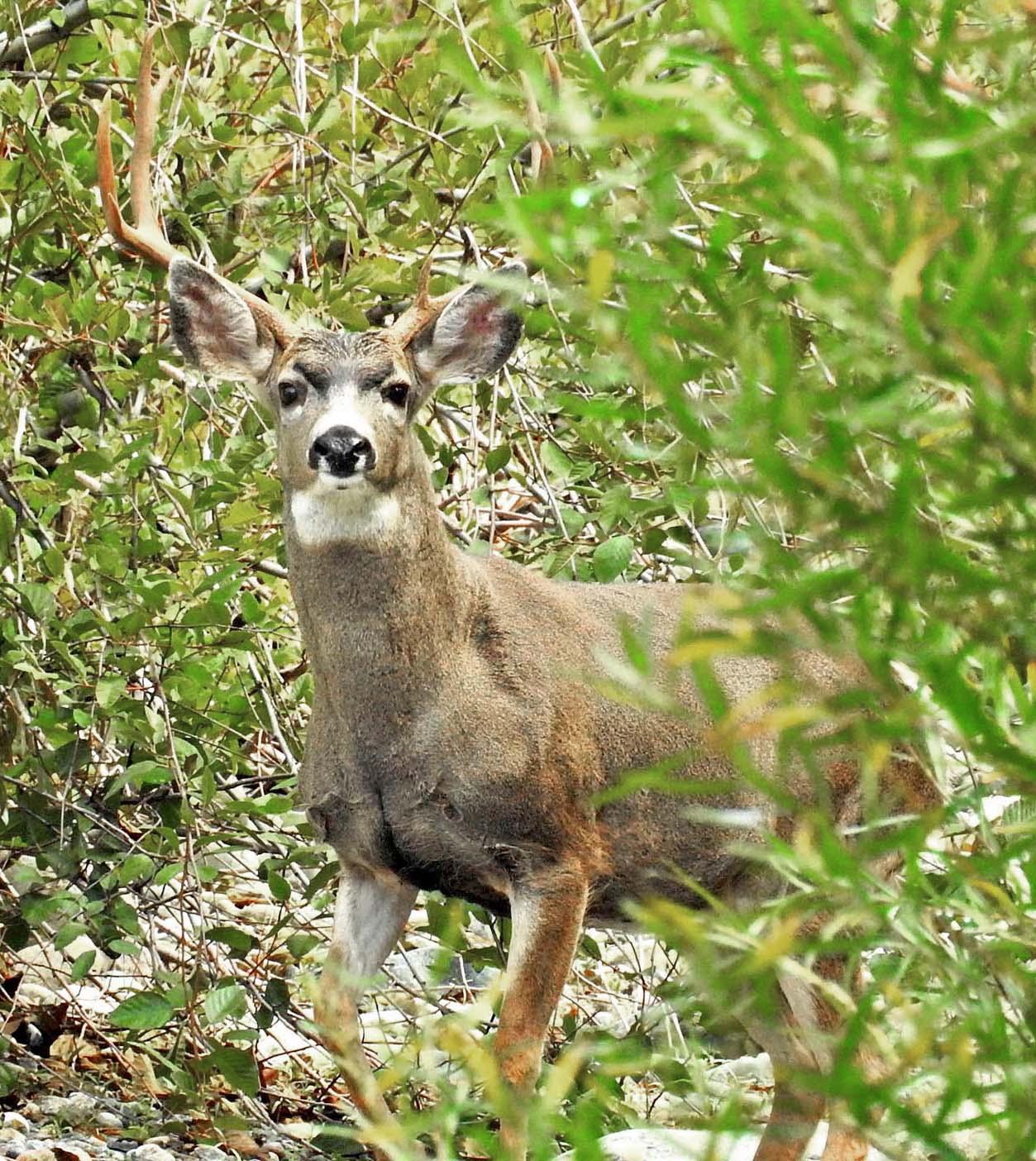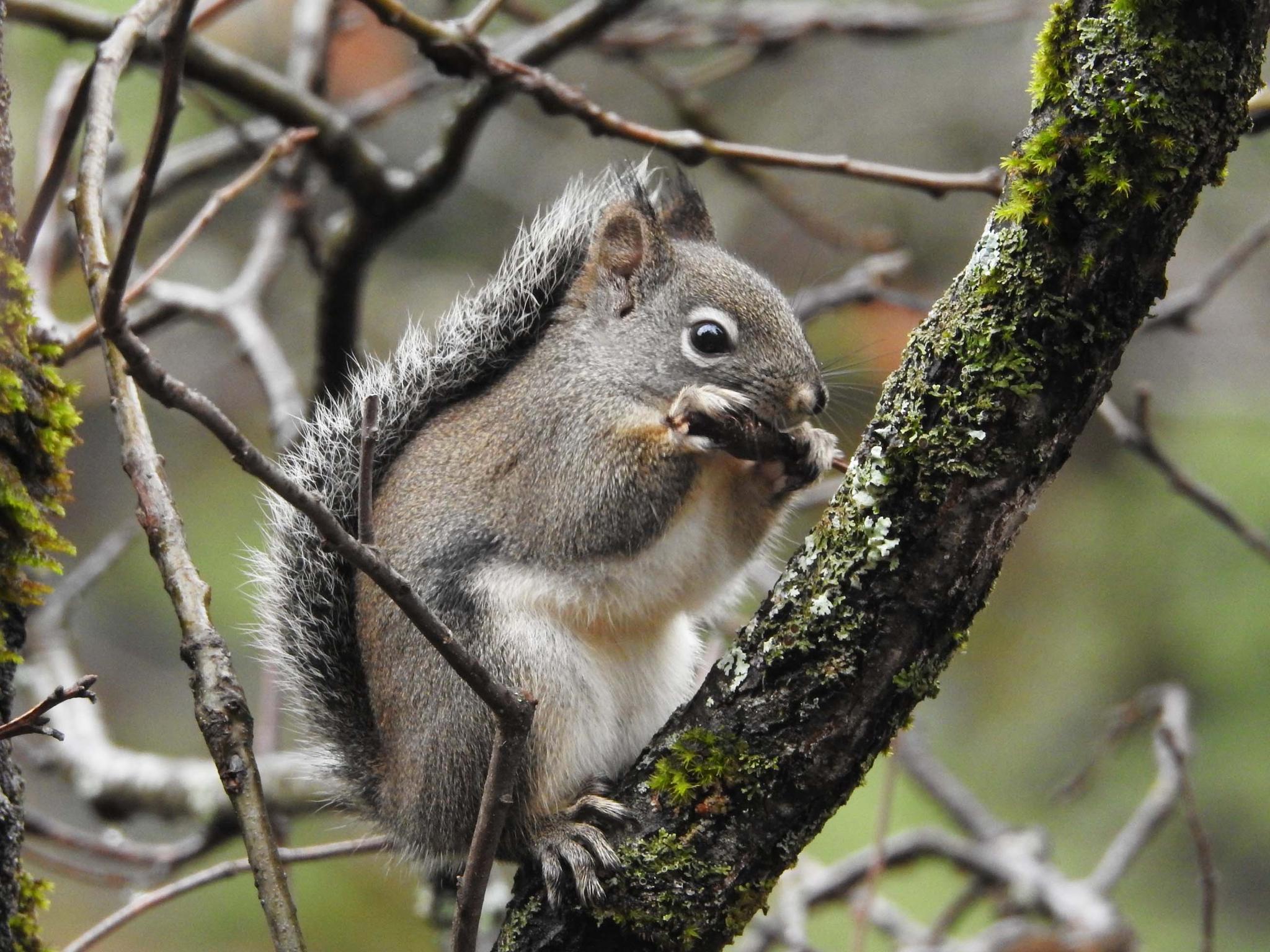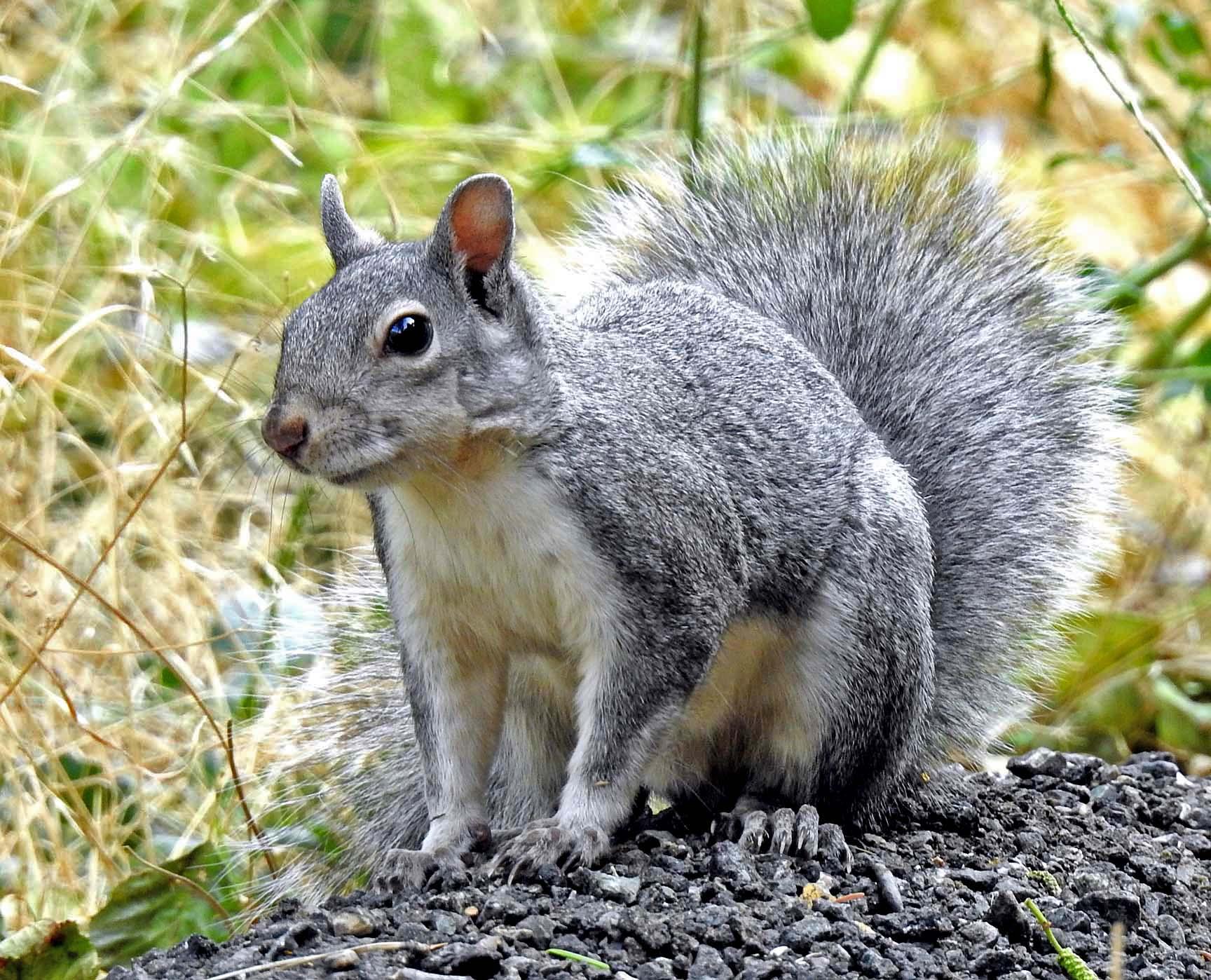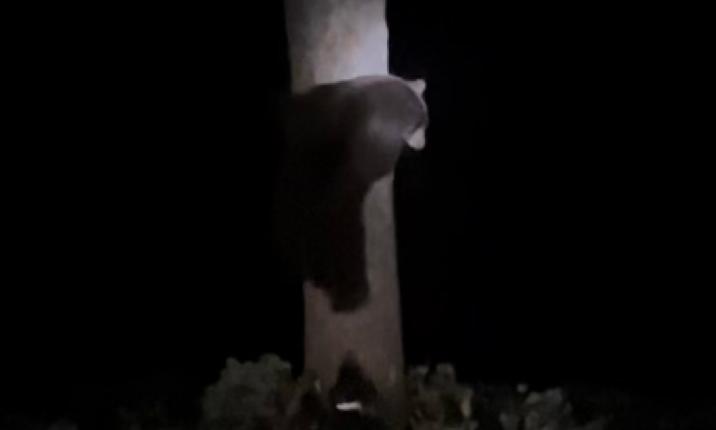Mammals in the Rain — Part 2
December 10, 2024

Columbian Black-tailed Deer (buck) — Odocoileus hemionus columbianus
If the rain is very heavy, Mule Deer may temporarily seek shelter in dense brush or forests. During periods of moderate rain, they carry on with their normal foraging and traveling.

River Otter — Lontra canadensis
The swift high water of the river can be difficult for River Otters. The turbidity of the water can make it difficult for them to find prey. The fast current also makes it more difficult to maneuver underwater.
“When a river is in flood stage, river otters will typically move to higher ground within their territory, seeking out areas with calmer water, less current, and potential food sources, often utilizing existing burrows or finding new sheltered locations to ride out the flood event; they may also temporarily reduce their foraging activity due to the disruption to their usual prey availability.” (This quote is from AI on Google, and I couldn’t find its exact source.)
In our area, that means they might frequent local ponds, or small streams in the forest. They are quite capable of traveling on land, at a speed of up to 15mph!

Chickaree or Douglas Squirrel — Tamiasciurus douglasii
Small mammals, such as squirrels and mice take to their dens during periods of heavy rain. Their dens can be in a tree trunk, rotten log, or underground. I have often seen them out during periods of moderate rain, and they appear to be holding their tails over their backs for protection!

Western Gray Squirrel — Sciurus griseus
These mammals also store food for the winter. They can rely on these caches of food during inclement weather.
Your questions and comments are appreciated. Please feel free to email me at northyubanaturalist@gmail.com. Thanks!
Featured Articles

Two Plead Guilty to Poaching and Animal Cruelty Charges →
December 30, 2025
Two men face penalties for illegal hunting activities in Sierra County.
Fish and Wildlife Plans to Collar More Deer, Elk, and Wolves →
December 30, 2025
DWR Conducts First Snow Survey of the 2025-2026 Season →
December 31, 2025
Storms Bring Heavy Rainfall and Local Disruptions →
December 22, 2025
Sierra Hardware Plans Extensive Repairs After Flood Damage →
December 8, 2025